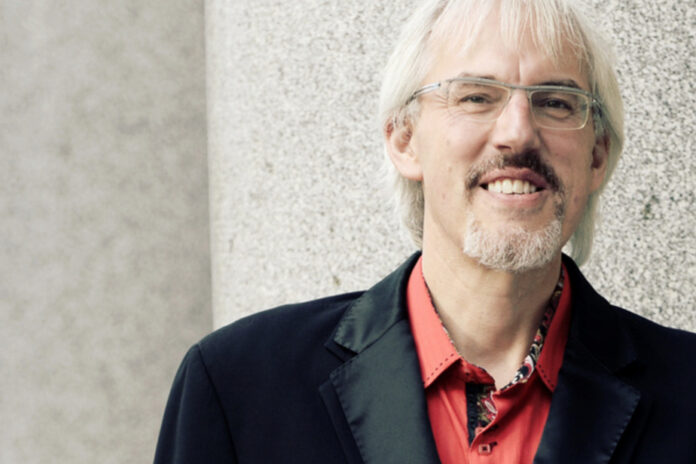We hear a lot more about the Ensemble ArtChoral since Matthias Maute took over its management just before the pandemic after the death of Yves Courville, who had founded and directed it for almost 40 years under the name of Ensemble vocal. Arts-Quebec.
It’s because the Montreal conductor has made it a partner of choice for his Baroque Orchestral Ensemble – Caprice, in addition to undertaking an 11-recording project over several years with Atma, which aims to be “a unique project in the world that traces the history of choral singing over six centuries, from the Renaissance to the present day”.
Volume 5 is coming out these days, devoted to the romantic a cappella repertoire, especially Germanic, but not only. The album contains works (all quite brief) by Rheinberger, Mendelssohn, Bruckner and Brahms, but also by Fauré, Gounod, Meyerbeer and Tchaikovsky. Discoveries for the most part, except perhaps Fauré’s Ave verum corpus, Verdi’s O Padre nostro and Bruckner’s Locus iste, which are relatively well known.
If the menu is tempting, its realization is however not ideal. Firstly because of the proximity of the sound recording, which does not allow the general sound of the ensemble to be sufficiently heard, here made up of three professional singers per desk. Among the latter, that of soprano also fishes out by a certain crushing of the treble.
And if the direction of Maute can first interest by its general drive, we quickly realize that it is more synonymous with indifference than dynamism. Everything is systematic fast, even when composers ask for “nicht schnell” (“not fast”, in Bruckner’s Os justis), “langsam” (“slow”, in Brahms’ “Abendständchen”) or “adagio” (same thing, in Gounod’s Sicut cervus).
Yes, there may not be absolute truth when it comes to aesthetics, but when Maute consistently does everything in a minute or two less than the competition, there may be something to question.















